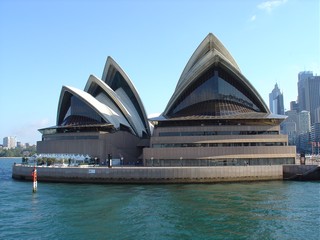
Kevin Michael Rudd has been considered one o the most important last Prime Minister of Australia thanks to his honesty, responsability, loyalty and respect however he was strongly criticised over its support for the United States in the invasion of Iraq while mantaining Labor´s position of support for the Australian - American alliance. This essay will examine some arguments against and favor about his moral, religious and political values during his labor leader.
Rudd has a Christian perspective to support his decisions and behaviour. The Christian perspective looks for create a communion between personal and social values with religious teachings. Rudd wrote in the essay The Month "If the churches are barred from participating in the great debates about the values that ultimately underpin our society, our economy and our polity, then we have rearched a very strange place indeed". For example responsability value helps him to make a decision that Australia becomes a member of the Kyoto Protocol like a signiicant step forward in the country´s efforts to fight climate change domestically, and he was honesty creating of a competitive economy believing in a free market economy.
Apart from this, Kevin Rudd gave assertive support in the Iraq war on 2006. He replaced 550 existing combat troop with new troops serving to create a peace plan to defend Israel´s actions. Loyalty was the determinat value expressed in this event by Prime Minister. Besides, during his Labor leader he supported the respect to workchoices legislation, climate change, global poverty, and debated in topics like therapeutic cloning and asylum seekers. However, people argue that loyalty was not ever his behaviour. He was strongly criticised by Howard government over his support for the United States in 2003 invasion o Iraq and subsequent operatiosn there, while mantaining Labor´s position of support for the Australian - American alliance.
On balance Kevin Rudd would be considered one of the most notable and valuable political person because he has proved with his actions, decisions and behaviour be a person with strong moral and religious values which helped to consolidate a good nation. Australians express positive points of view about his Labor leader. In my opinion he reached this fame thanks to practice values like respect, loyalty, responsability and honesty.





